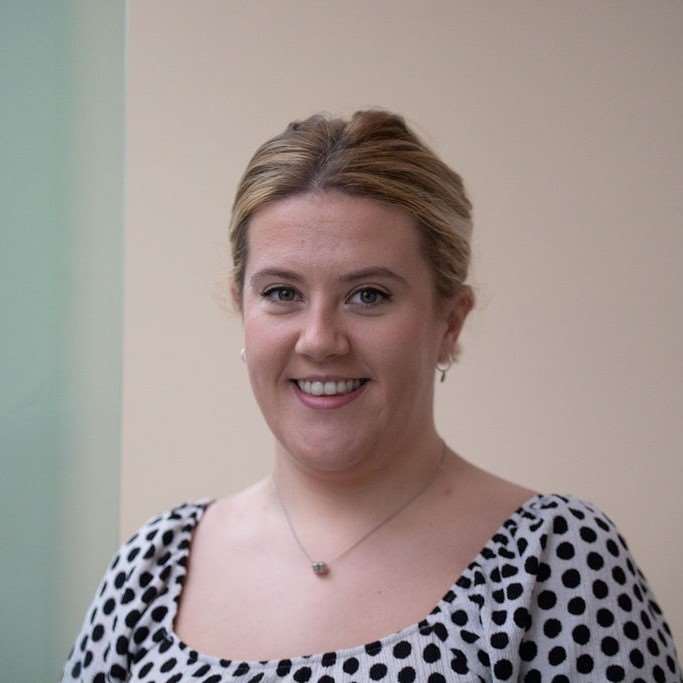Nursing home negligence; dealing with wrongful death

Published: 18/07/2023
Losing a loved one is always difficult, but when this death occurs in an assisted living facility, this can be especially challenging and upsetting. If you suspect that the death was unlawful, then this may leave you struggling to grieve and wondering what your next move should be.
Here, we explore what constitutes a wrongful death and what happens if nursing home negligence causes a loved one's death. We will also explain the types of neglect that can result in death and how you can make a wrongful death claim in cases of nursing home abuse and negligence. Moreover, we will lay out how you can gather the correct evidence to support your claim, and how Wake Smith can support you.
Click on the relevant link to jump to that section:
Discover more about what counts as a wrongful death
Find out what you can do if a death is caused by care home abuse
Here are the most common abuse forms that can cause death
Discover how you can make a claim for wrongful death
Find out more about the evidence you need to collect
Here’s how we can assist
We answer some frequently asked questions
What constitutes a wrongful death?
A nursing home death is not always classified as unlawful, but in situations where elder abuse or neglect is suspected, then these circumstances may lead to wrongful death. This means that a specific person or circumstance is accountable for causing or hastening death. Wrongful death claims are widespread across NHS bodies, as shown by a recent annual report revealing that over 12,000 claims were made over the 2020/21 period.
What happens if nursing home negligence causes a death?
In the aftermath of a death that has been caused by negligence, it can be hard to know what steps to take to access justice for your family member or loved one. If you previously raised concerns before the death occurred, it is important to retain any documents (such as emails) that pertain to this, in order to prove that you made the nursing home facility and relevant bodies aware of such issues. This can help to bolster your claim if death does occur.
There will usually be a complaints procedure in place which you can access, but if this initial pathway is unsuitable or unsatisfactory, then seeking legal advice is prudent before making any kind of claim of wrongful death. A negligence claim specialist will be able to advise you on how to best proceed without making public accusations that could be considered libellous.
What types of nursing home neglect and abuse can result in death?
There are many different types of nursing home neglect and abuse which can lead to death, some which seem outwardly malicious and some which can be the result of poor training and understaffing. The most reported cause of wrongful death in nursing homes is outward psychological and physical abuse, leading to potential worsening of health conditions, broken bones, and death. This kind of abuse may be subtle and ongoing over a length of time or may take place only once.
Death can also be caused suddenly by improper medical care caused by overworked and inexperienced nursing home staff members. This includes not realising a certain nursing home resident requires medication, providing the wrong medication, or even having expectations of the resident that are unrealistic and could cause them to rapidly decline.
Poor medical care can also include not taking proper care of open wounds and dressings, leading to sepsis and necrosis, and not alerting qualified medical specialists when a patient's health alters. In other cases, death can be caused due to residents not being moved or having clothing changed regularly enough, resulting in pressure sores which can become infected.
Even seemingly basic needs not being met can lead to wrongful death, such as improper feeding resulting in malnutrition or failure to provide enough fluids causing dehydration. Dehydration is also known to worsen the capacity to think and communicate, which can be put down to a natural progression of diseases such as dementia - leading to neglect that could easily be remedied.
If you are concerned that a loved one may be experiencing abuse, you should get in contact with professional solicitors for more advice.
Can I make a claim for wrongful death in a care home?
Not everyone is able to make a claim for wrongful death, or negligence, in nursing home abuse cases. There are certain restrictions in place which means that only immediate or extended family will be able to make a claim - with the exception to this being people who will be financially impacted by the passing.
In the first instance, the immediate family constitutes spouses, children, and potentially siblings, while those financially impacted could cover these close family members and cousins or more distant family members. However, each situation is unique, and even if you are entitled to make a claim, it is vital to reach out to a qualified solicitor who specialises in medical negligence and personal injury claims.
How can I prove my loved one's death was unlawful?
In order to prove that your loved one's death was unlawful or due to negligence, you will need to gather evidence to support your claim. This can include any written evidence that you communicated concern prior to the death, and proof of what caused the death - in some cases, this may lead to an autopsy and the involvement of the coroner. If you have any evidence of negligence, such as photographic evidence or concerns raised by a medical professional, this may also be valid proof. As well as this, you can include evidence of financial injury to the claimant, such as travel costs, missed work, or extra financial pressure caused by the negligence and death. Do not worry if you do not have all of this evidence as a solicitor from Wake Smith will be able to assist if there is a basis on which the enquiry can be taken forward.
How Wake Smith can help
Wake Smith has experience in medical negligence claims, covering surgical negligence, wrongful death, and more in both private and NHS settings. We are accomplished in supporting claimants by assessing the likelihood of a claim being considered valid and successful and will liaise with the negligent party in order to seek admission of liability. In most negligence and personal injury cases, a settlement will be reached out of court, but we will also be able to represent you in court settings.
Get in touch for a free consultation to see how you can resolve your wrongful death settlement.
Common Queries
How long do I have to make a claim for wrongful death in a nursing home?
It is advisable that you make a claim as soon as possible, but you will be able to bring a claim against a nursing home for up to three years after the death has taken place.
How much could I settle for in a wrongful death case?
The amount of compensation received will depend on the cause of death. The settlement can be more, or less, based on what additional factors are part of your claim.
What could my wrongful death lawsuit result in?
Your wrongful death lawsuit against an assisted living facility could result in a financial settlement being reached or may proceed to court.











